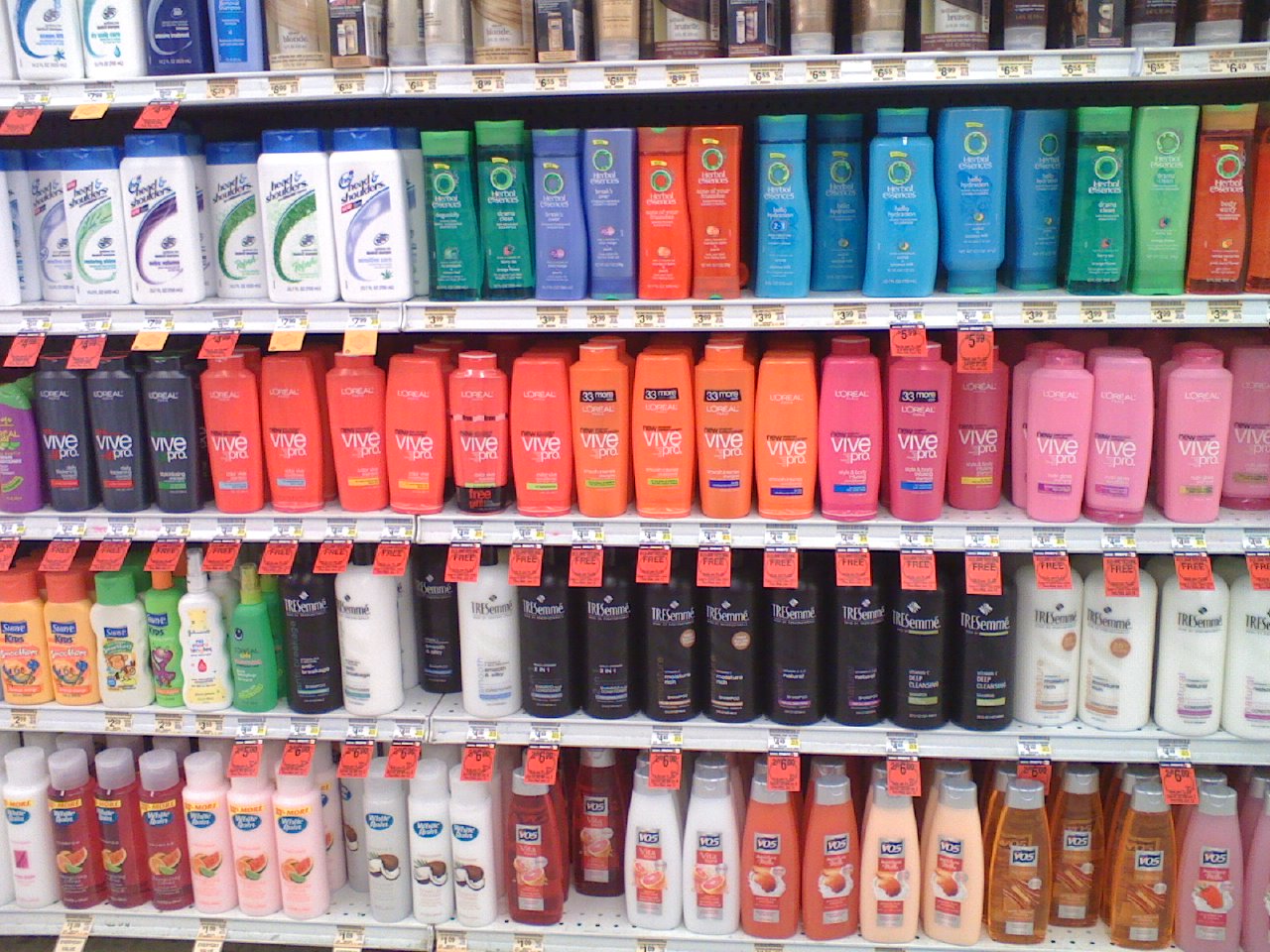
February 17, 2014, by ICCSR
On shampooing and beauty: business against gender stereotypes?
Of the many big businesses involved in beauty products, I can only count a few who have started, more or less recently, to advertise their products by challenging gender stereotypes. Two companies in particular come to mind for recent campaigns and adverts.
Pantene has released an advert in the Philippines for a movement (as named on their website) recognizable by the hashtag #ShineStrong ( http://www.pantene.com/ShineStrong ), with the purpose of raising awareness of how damaging labelling women is. The description of the movement is fairly vague: “It’s the moment when you spoke up, stood out, took action and achieved your goal. It’s when you wouldn’t accept no for an answer, or let any labels hold you back. It’s your #shinestrong moment, and it deserves a celebration!”
Whereas the video ( http://www.youtube.com/watch?v=kOjNcZvwjxI ) can indeed be understood as inspiring and bringing up some uncomfortable realities for too many women, it still baffles me how large businesses as Pantene can engage in such messages only through products aimed at increasing capital. The (mis)use of the word movement reveals a “new wave” of understanding social activism and change: am I really going to be perceived as persuasive only with long, silky-soft Pantene hair?
The other company that is following a similar strategy is Dove, who has been working on the concept of “Real beauty” for a while. Their campaign focussed on the mismatch between self perceived beauty, and “real beauty” (which in the video referred to a stranger describing a woman’s appearance). You can view the full video here: http://www.youtube.com/watch?v=XpaOjMXyJGk&feature=c4-overview-vl&list=PL0BRaXBPJ6iZMJoRM9TFRc2Mq4d0KmKqZ.
Again, whilst Dove is sending an important message when it comes to female self-esteem (mainly lowered by companies’ adverts themselves!), it is also part of the problem. It didn’t take long for me to find an advert for a Dove deodorant aimed at eliminating those dark armpit shades we all constantly complain about... ( http://www.youtube.com/watch?v=w6NWwIDQXAE&feature=c4-overview&list=UU0uGC_EBwAxw3ljqeGjy2qw ). Same goes for Pantene, who along with their #ShineStrong campaign, has also launched a new line of products called “Age-defying” – because women can be strong, but cannot be old.
It seems that these businesses, whilst acknowledging a problem, are also reinforcing a whole set of other older problems – which just don’t seem to be easily overcome by an exclusively profit-driven mentality. The issues of female stereotypes have been on the feminist agenda for decades, and yet seem to get public attention only when the message is coming from the market to the consumer.
It is interesting to see such a plot twist: whilst some years ago companies would have called us ugly to sell us products, now they are calling us beautiful and worthy of their products.
Can social change then be driven by companies? Yes, but there needs to be a thorough understanding of the issues at stake first – the understanding that such a big change cannot come by a company’s products alone. Why? Because a woman can be determined even with no hair. With short, frizzy and not shiny at all hair. Because we are still being sold who we should be and how.
So what can we do in business studies? Colleagues in feminism and gender studies can really help us here. The first item in the agenda is probably this: to understand the debates that have been going on in the past decades with regards to women’s liberation and, later on, gender identity. Most importantly, for once, we should probably do so by temporarily forgetting about budgets and bottom lines.
By Lucia Cervi
Doctoral Researcher, ICCSR, Nottingham University Business School
No comments yet, fill out a comment to be the first

Leave a Reply